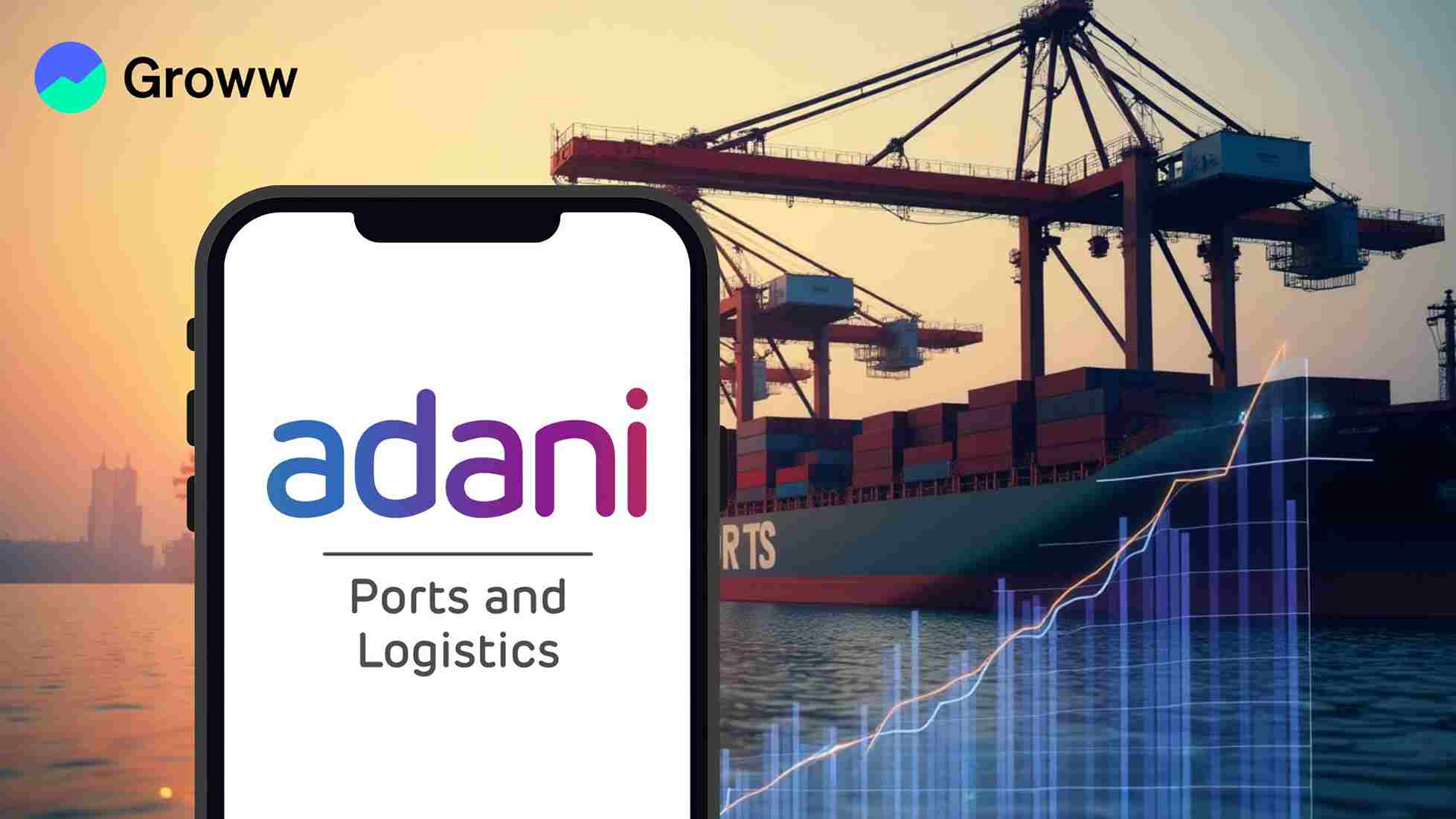Adani Ports Stock Climbs 5.25% as Robust Earnings and Growth Strategy Drive Confidence

Shares of Adani Ports and Special Economic Zone (APSEZ), India’s largest private port operator, experienced a notable uptick on Monday, gaining more than 5.25 percent to trade at ₹1,333.80. The rally in APSEZ contributed significantly to a broader surge across Adani Group stocks, which climbed as much as 5 percent during the trading session. This positive momentum is attributed to a series of favourable developments, including strong operational performance and recent in-line quarterly earnings reports from the conglomerate.
Strong Performance Underpins Market Sentiment
For the March 2025 quarter, the company reported a consolidated net profit increase of 50 percent year-on-year to ₹3,023 crore. Revenue from operations also saw a healthy rise, climbing 23 percent year-on-year to ₹8,488 crore, while EBITDA grew 24 percent to ₹5,006 crore in the same period. This performance reflects solid operational efficiency across its various segments.
The company’s operational metrics mirrored this strength. APSEZ handled 117.9 million metric tonnes (MMT) of cargo during the fourth quarter of FY25, an 8 per cent increase from the previous year. Mundra Port was a key contributor, processing 50.7 MMT, up 11 per cent, and making history as the first Indian port to surpass 200 MMT in a financial year. The positive trend continued into April 2025, with cargo volume up 4 percent year-on-year to 37.5 MMT, significantly driven by a 21 percent surge in container traffic and an 8 percent rise in liquids and gas cargo.
Strategic Focus on Key Verticals
APSEZ management is now strategically focusing on scaling up specific high-growth business segments. The logistics division is another critical area for expansion. This segment has demonstrated significant growth, with revenue nearly doubling to ₹1,030 crore in the March quarter, and EBITDA reaching ₹181 crore. APSEZ aims to develop large, multi-modal logistics parks designed to enhance efficiency and attract greater volume. Furthermore, in agri-logistics, the company is exploring initiatives to improve grain storage through the construction of silos.
Vizhinjam and Global Ambitions
A significant strategic move is the investment in the Vizhinjam International Seaport. APSEZ plans to invest ₹13,000 crore in the second phase of this deep-water port, projected to increase its cargo handling capacity from the current 1.2 million TEUs to approximately 5 million TEUs by 2028. Unlike APSEZ's other ports, which primarily handle domestic and EXIM volumes, Vizhinjam is designed for 100 per cent transshipment cargo, specifically targeting Indian shipments currently routed through foreign ports like Singapore and Colombo. Competing effectively on the international stage will require Vizhinjam to excel in efficiency, operations, and productivity beyond just tariffs.
On the international front, APSEZ is progressing with the acquisition of the North Queensland Export Terminal in Australia. The company is also actively evaluating potential opportunities in high-growth markets within South East Asia and East Africa, focusing on countries with significant historical trade ties with India, where cargo flows may have shifted. The India-Middle East-Europe Economic Corridor (IMEC) is also seen as a vital strategic project for supply chain self-reliance and de-risking, promising improved connectivity for Indian trade.
Future Outlook
Analysts maintain a positive outlook on APSEZ, underpinned by expectations of continued market share gains and capacity expansions. The company is projected to outpace India’s overall cargo volume growth by 1.5-2 times, with cargo volumes expected to grow at a CAGR of 11% over FY25- 27. The logistics business is also seen as a key value driver. For FY26, APSEZ has guided for revenue between ₹36,000-38,000 crore and EBITDA in the range of ₹21,000-22,000 crore.
Disclaimer: This news is solely for educational purposes. The securities/investments quoted here are not recommendatory.
To read the RA disclaimer, please click here